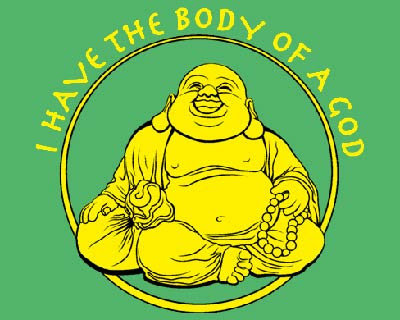The diaconate is becoming such a presence in the Church, even the secular media are sitting up and taking notice.
This, from the Savannah Morning News, in Georgia:
The Rev. Bienvenido Perez Jr. assists at Mass every weekday at the chapel at St. Joseph’s Hospital.
As a Roman Catholic clergyman, Perez preaches, counsels, visits the sick, conducts funerals and wake services and witnesses marriages.
But at the end of the day, Perez’s routine takes a different turn from his ordained colleagues in the priesthood.
While they return to a quiet parish rectory, Perez goes home to his wife and kids.
The Georgetown man serves as one of 60 deacons in the Catholic Diocese of Savannah.
Unlike the role of deacon in some Christian faiths, Catholic deacons are regarded as ordained clergymen. They hold many of the same responsibilities as priests and bishops, and their preparation takes almost as long. By the time they complete their training, many earn the equivalent of a master’s degree in theology.
In May, the Diocese ordained its largest graduating class of deacons so far.
Deacons aren’t meant to take the place of priests.
But in a time when priests are harder to come by, the role of the deacon may become more important.
Perez serves in one of three ordained positions in the Roman Catholic Church.
Technically, he’s known as a “permanent deacon,” since seminarians are also temporarily ordained as deacons prior to becoming priests.
From the pews, deacons and priests look much the same. Both wear liturgical vestments at Mass.
Deacons may give sermons, serve communion, minister outside the church, baptize, witness marriage vows and lead the rites of burial.
Deacons, however, cannot consecrate the Eucharist, hear confessions, absolve anyone from sin or anoint the sick.
They also cannot continue on to priesthood if they are married. Instead they commit to a life of volunteer service to the church with no compensation and usually maintain careers in the secular world.
Most deacons are married when they’re ordained. But if their spouse dies, deacons cannot remarry, according to church policy.
The permanent diaconate is new to most Catholics but is really very ancient, said the Rev. Douglas Clark, editor of Southern Cross, the newspaper of the Catholic Diocese of Savannah.
“In the ancient church, starting in new testament times, we see figures named deacons who are part of the ordained structure of the church, along with bishops, presbyters and priests,” he said. “Eventually in the Middle Ages, in the Western church, most deacons went on to priesthood. In the Eastern churches, Catholic as well as Orthodox, they remained a separate order.”
In the late 1960s, the Vatican restored the permanent diaconate as a separate order that would be open to married men.
Since then, the number of deacons in the U.S. has jumped to 17,000, representing half of the world’s permanent deacons.
The Catholic Diocese of Savannah has ordained 38 deacons since 1995, compared to 28 priests ordained in that time.
“It really is growing, especially in this country,” Clark said. “Picture this diocese with all the rural areas, where there’s a priest who might have to cover three or four missions. If there’s a deacon in each of those missions, he can handle so many more things.”
In May, the Diocese of Savannah ordained its largest class of permanent deacons. Twenty-two men were consecrated into the role by Bishop J. Kevin Boland at a ceremony at the Cathedral of St. John the Baptist.
Church experts are trying to stress that deacons are not an answer to the priest shortage.
“I wouldn’t want to look at the diaconate as kind of a second-best alternative to the priesthood,” said Paul Thigpen, a Catholic scholar and executive director of The Stella Maris Center for Faith and Culture – a nonprofit initiative that promotes traditional Roman Catholic teachings. “But I would agree with the conclusion that as vocations to the priesthood have declined, it’s role that has become even more important.”
Deacon William T. Ditewig, an associate professor of theology at Saint Leo University, believes the freedom to minister within secular society opens a special opportunity for deacons.
“I think there are opportunities there for some of our deacons to enter more intentionally into public life, to get elected to school boards, and for deacon-lawyers to serve as judges,” Ditewig wrote in a paper on the diaconate.
The paper manages to do a decent job of writing about this vocation — being careful to use “diaconate” instead of “deaconate” is a breakthrough, in my book — though I’m surprised at the way they refer to the deacon as “Rev.” But at least they didn’t call him “Father.”
There’s more, so stop by the link and give a look.
Photo: Bienvenido Perez Jr. and Albert Fisher during a Mass in the chapel of St. Joseph’s Hospital. Photo by Carl Elmore/Savannah Morning News

